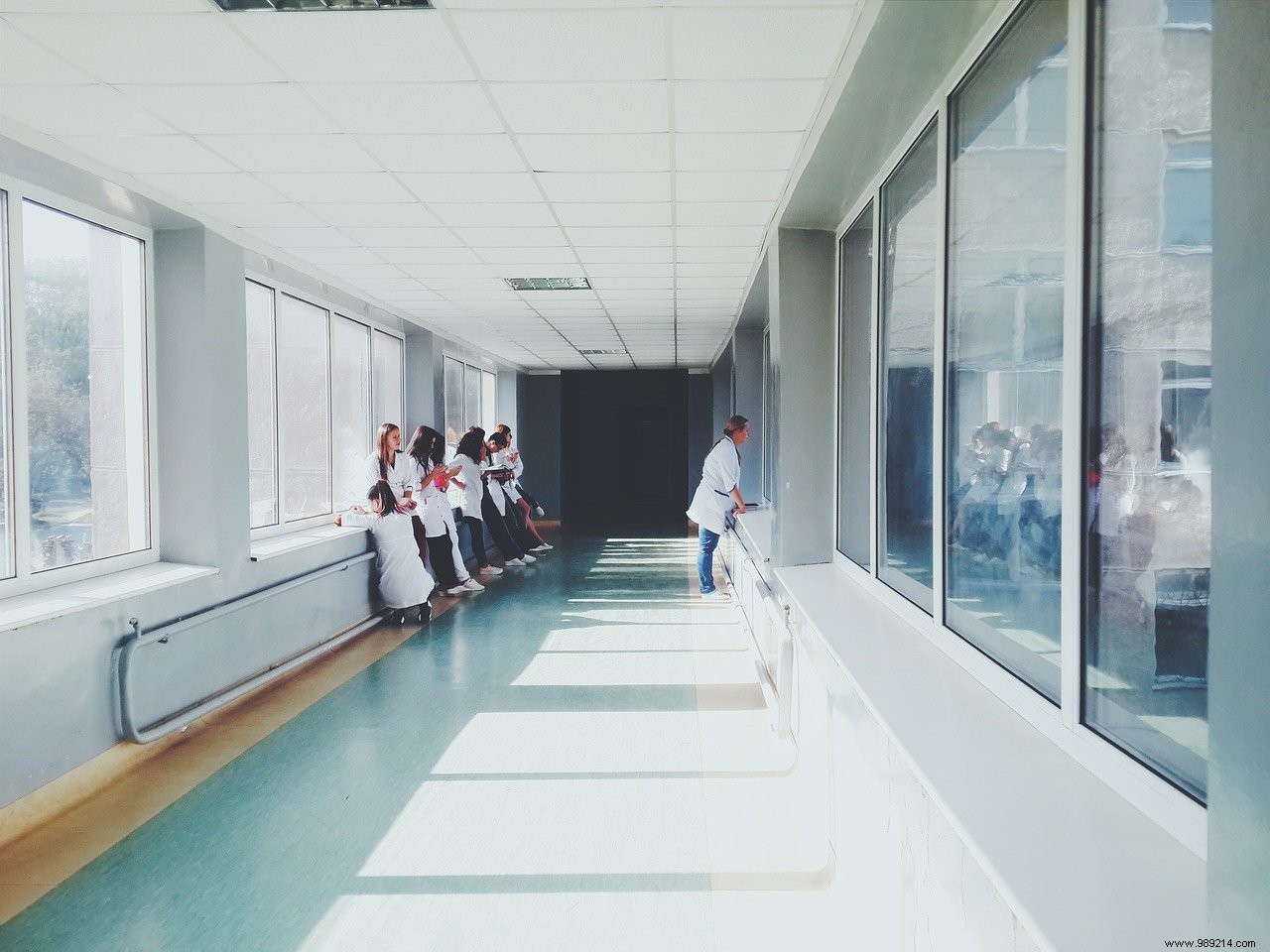An antibody drug currently being tested could confer instantaneous and long-term immunity to people exposed to the new coronavirus SARS-Cov-2, for whom it would be too late to offer a vaccine. If the tests are conclusive, this new "weapon" against Covid-19 could be available as early as next spring.
This Sunday, December 27 marks the symbolic launch of the French vaccine campaign, which follows the green light given by the European Union to the product developed jointly by the Pfizer and BioNTech laboratories. Twenty elderly people and caregivers will be the first to be vaccinated in France, at the end of a year bereaved by a virus which has killed nearly 63,000 people in the country. All Member States of the European Union are concerned, while vaccination campaigns have already started several weeks ago in China, Russia, the United States or Great Britain.
The arrival of all these vaccines developed in record time offers a real ray of hope for the fight against Covid-19. However, they might not be the only "weapons" available.
As reported by The Guardian, British researchers are indeed testing a new drug likely to prevent people exposed to the coronavirus – and not vaccinated – from developing the disease . The antibody treatment – developed in a trial called Storm Chaser – would provide instant immunity, and could be given as an emergency solution to hospital patients and residents of care centers to help contain outbreaks.
“If we can prove that this treatment works and prevent people exposed to the virus from continuing to develop Covid-19, it would be an exciting addition to the arsenal of weapons being developed to fight this terrible virus “, says Dr Catherine Houlihan, a virologist at University College London Hospitals NHS Trust (UCLH) who is leading the study.

This drug was designed and developed by UCLH and AstraZeneca, which also offers a vaccine against Covid-19. Participants in the trial receive it in two doses. If the trials are successful, the researchers expect the combination of monoclonal antibodies – known as AZD7442 – to provide immediate and long-term protection (between 6 and 12 months) to people exposed to the virus in the previous eight days .
The trial involves UCLH, several other UK hospitals and a network of hundreds of sites around the world. This month, University College Hospital became the first site in the world to enroll patients in the randomized controlled trial and administer them the drug or a placebo.
“To date, we have injected the drug into ten participants – staff, students and others – exposed to the virus at home, in a healthcare facility healthcare facilities or in student residences “, continues Catherine Houlihan. She and her colleagues are now closely monitoring these participants to see which of them develop Covid-19.
If this trial is successful, and if approved, this new drug could be available as early as March or April , assures the doctor. It could thus play a vital role in reducing the impact of the virus until everyone is vaccinated.